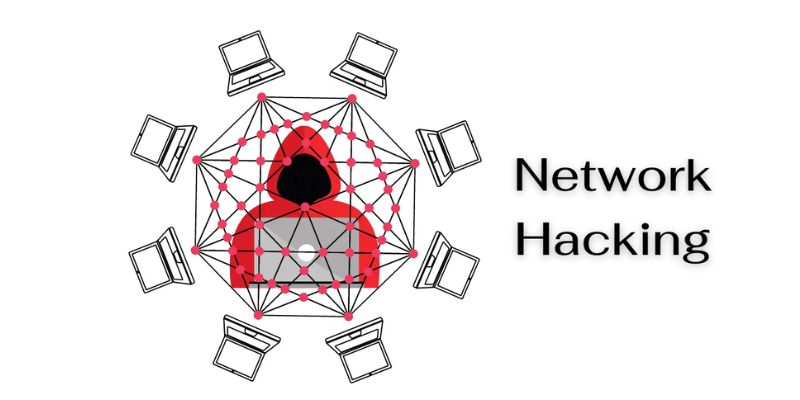Network scanning is an essential technique in Ethical Hacking, used to gather information about the network’s structure and identify potential security gaps. It involves sending requests to devices on the network and analyzing the responses to determine active devices, open ports, and running services. This preliminary reconnaissance phase is critical for understanding How to Perform Network Scanning in Ethical Hacking. For those pursuing Ethical Hacking Training in Coimbatore, mastering network scanning will be a key component of your education.
Types of Network Scanning
There are three primary types of network scanning: port scanning, vulnerability scanning, and network mapping. Port scanning involves probing a network’s ports to identify open ports that could be attack entry points. Vulnerability scanning searches for known vulnerabilities in the network’s devices and applications. Network mapping, on the other hand, creates a detailed map of the network’s topology, including the devices connected and their interconnections.
Tools Used in Network Scanning
Several tools are widely used in network scanning. Nmap (Network Mapper) is one of the most popular tools, known for its versatility and ability to discover hosts, services, and their versions. It can also detect operating systems and run scripts for further vulnerability analysis. Another powerful tool is Nessus, a comprehensive vulnerability scanner that identifies security issues across the network. Other notable tools include OpenVAS, a free and open-source vulnerability scanner, and Zenmap, a graphical user interface for Nmap that makes network scanning more accessible for beginners. For those interested in mastering these tools and techniques, the Ethical Hacking Course in Madurai can provide you with the skills needed to effectively use them in real-world scenarios.
Steps to Perform Network Scanning
- Preparation and Planning: Before starting the scan, define the scope and objectives. Ensure you have permission to scan the network to avoid legal issues.
- Choose the Right Tools: Select the appropriate tools based on your needs. Nmap is excellent for port scanning and network mapping, while Nessus and OpenVAS are suitable for vulnerability scanning.
- Conduct Initial Scanning: Begin with a ping scan to identify live hosts on the network. This step helps to narrow down the devices you need to focus on.
- Perform Port Scanning: Use tools like Nmap to scan the identified hosts for open ports. This step reveals which services are running on which ports.
- Vulnerability Scanning: Run a vulnerability scanner to identify known security flaws in the detected services and devices.
- Analyze Results: Review the scan results to pinpoint vulnerabilities. Look for open ports that shouldn’t be accessible and outdated software that may have known exploits.
- Report Findings: Document your findings in a detailed report, highlighting critical vulnerabilities and providing recommendations for mitigation.
Best Practices in Network Scanning
- Obtain Proper Authorization: Always get explicit permission before scanning any network to avoid legal repercussions.
- Stay Updated: Regularly update your scanning tools and databases to ensure you are identifying the latest vulnerabilities.
- Minimize Disruption: Perform scans during off-peak hours to minimize the impact on network performance.
- Follow Up: After identifying vulnerabilities, follow up with remediation actions and re-scan the network to verify the fixes.
The blog above provides guidance on How to Perform Network Scanning in Ethical Hacking. Network scanning is a vital part of Ethical Hacking that helps security professionals uncover vulnerabilities before malicious actors can exploit them. By understanding the types of scanning, using the right tools, and following best practices, ethical hackers can effectively secure networks against potential threats. Whether you are a beginner or an experienced professional, mastering network scanning is a crucial skill in the ever-evolving field of cybersecurity. For those looking to enhance their expertise, the Ethical Hacking Course in Pondicherry offers comprehensive guidance and hands-on experience in this essential area.

